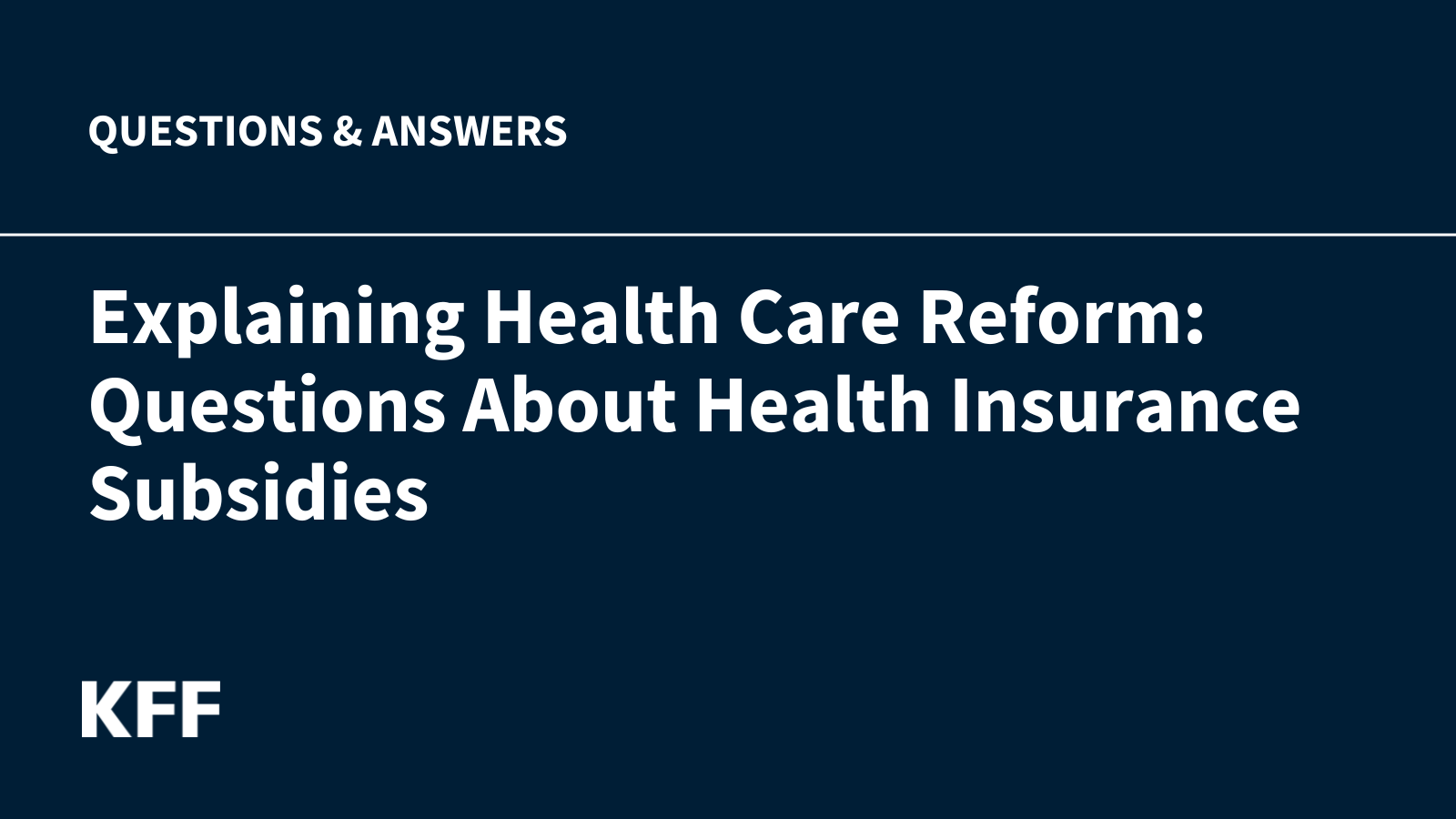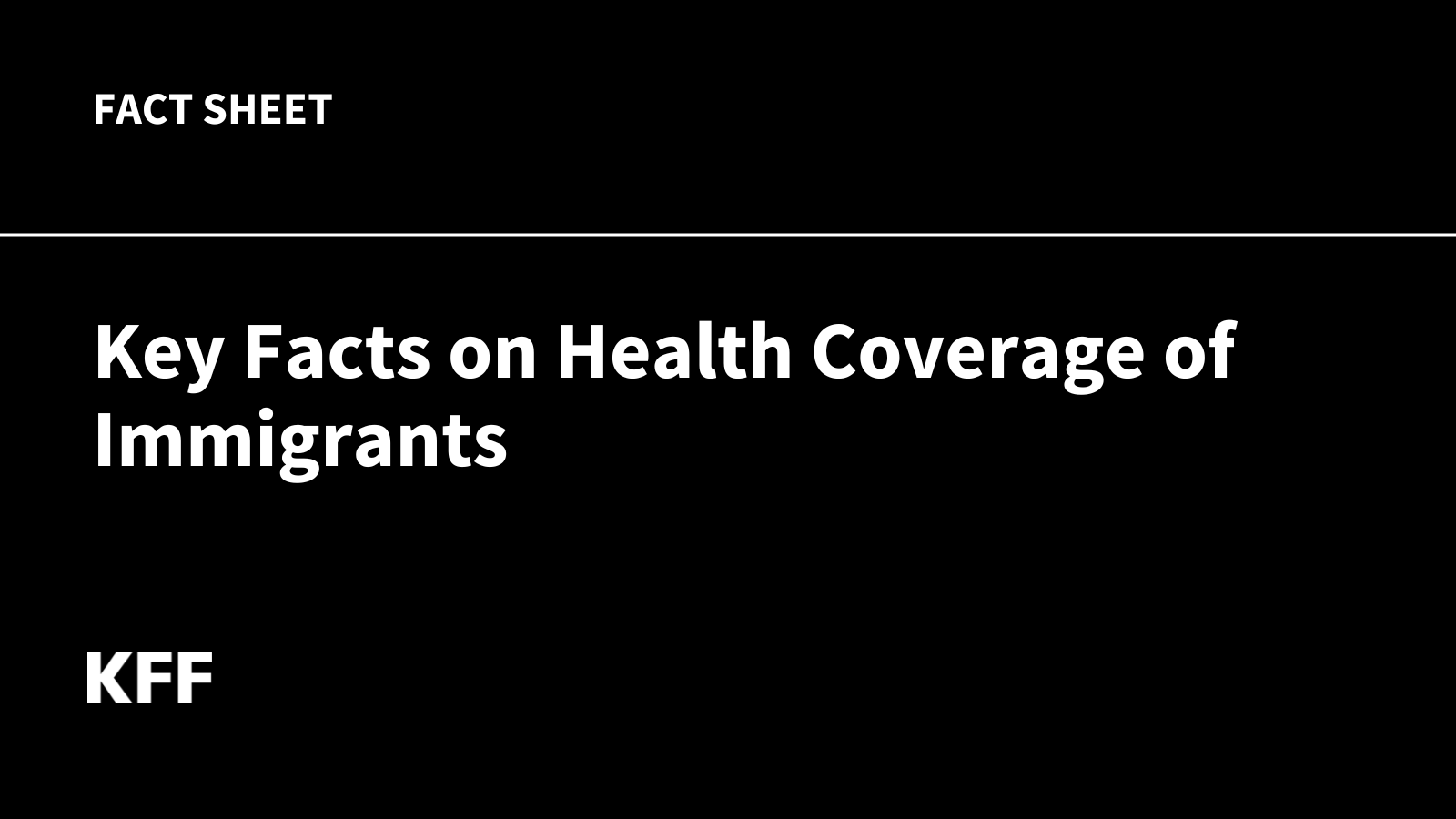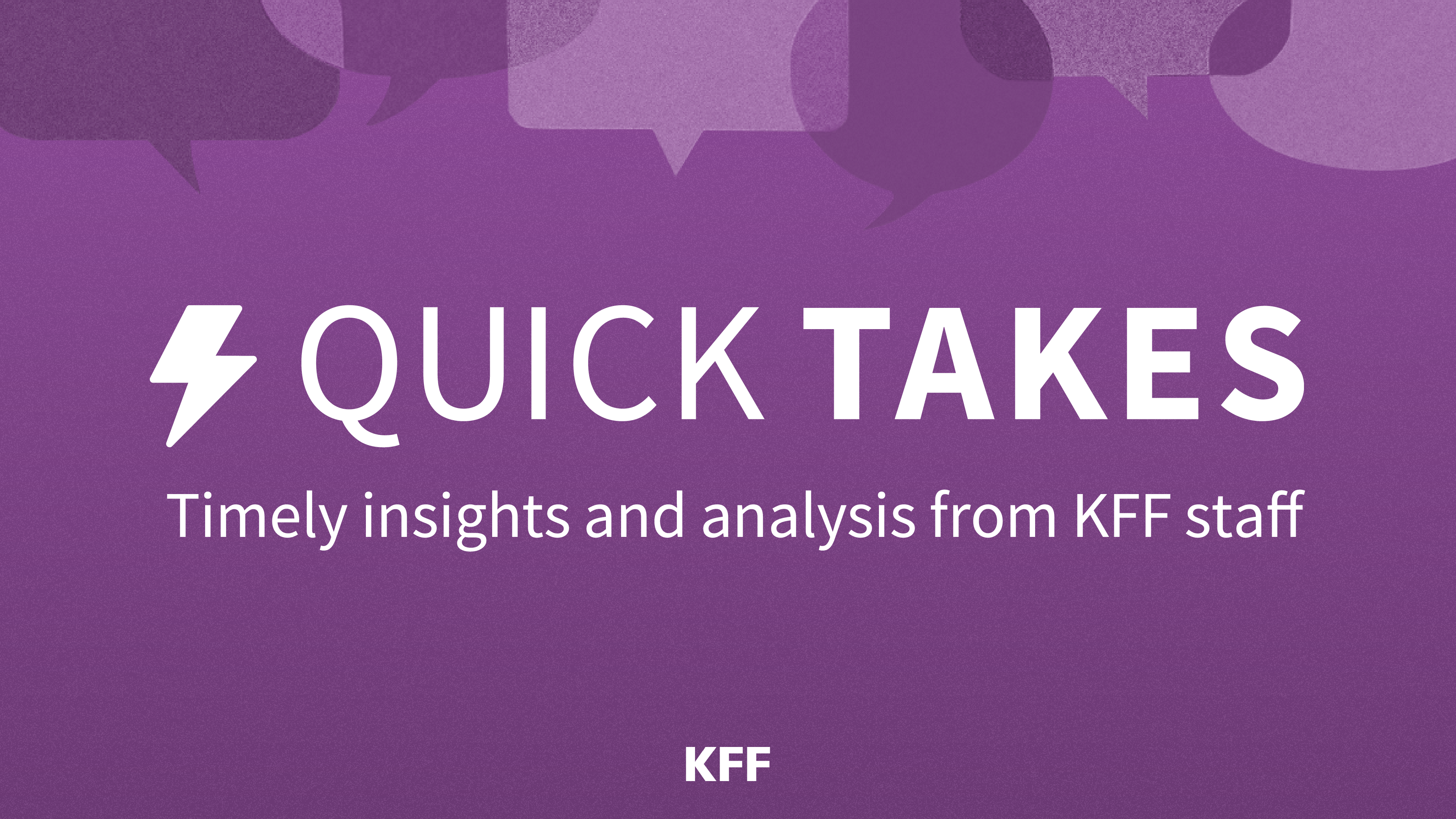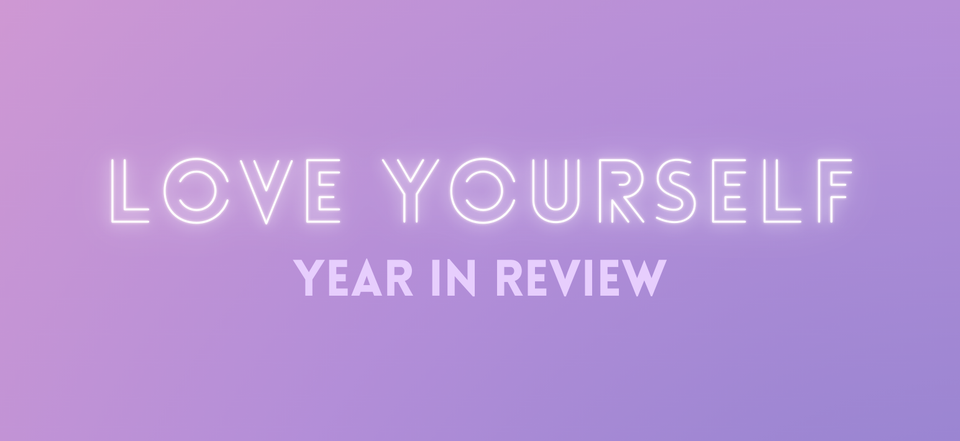what just happened?
Everything you need to know about the government shutdown in an overview ...but with BTS punctuating the soul-crushing reality that is the U.S. government in 2025.

This is my earnest attempt to keep ARMY informed.
If/when I include my personal opinion/take- I will write it out in green. My lived experiences, values, ethics, familial, cultural/traditional, and faith background inevitably color my perspective and I lean far more liberal/left than not. But my utmost loyalty is not to a party but to what I believe is just and true. I have a lot of hope in what might be possible but am deeply pragmatic as well.
I will cite all my sources with clickable links throughout the post/at the end 😊 I always welcome anyone to doublecheck the work
As ever, if you approach with a posture of curiosity and willingness to learn, I'm happy to share what I know/learn alongside you.
If you approach me or any of my subscribers/followers/mutuals with hostility, entitlement, or arrogance - I have no issue with blocking that kind of presence from my safe spaces of learning and mutual growth
OVERVIEW
PART 1 - WHAT IS A GOVERNMENT SHUTDOWN?
Who's who? What is this? How does this happen?
PART 2 - WHAT HAPPENED SINCE OCTOBER?
Since when? Why so long?
PART 3 - a smol rant & concluding thoughts

what even is a government shutdown?
A U.S. federal government shutdown happens when the combo of CONGRESS (House of Reps + Senate) + President fails to pass laws that allocate money to federal agencies before the deadline for the fiscal year (September 30). Without legal authorization to spend money, many government operations MUST STOP except for those classified as "essential"

WHAAATTTT?
OVERLY SIMPLY -> Without permission to spend money, money can't be spent!
Until everything is sorted -> so that permission can be granted -> everything that costs money for certain parts of the government to run (salaries, purchases, etc.) have to be PAUSED or "shut down"

WHO is involved???
MAIN PLAYERS - the following is objectively true (to date) regardless of who is President
- The House of Representatives (more info here)
ROLE - Proposes funding bills* (mainly 12 appropriation bills - each funding a different part of government, see #2 in "OTHER KEY PLAYERS section below)
POWER - A bill CANNOT move forward without majority support
POTENTIAL ISSUES - If the majority party is internally divided, the House can stall even if the Senate and President are ready to proceed
SO? When the House cannot agree, the risk of a shutdown increases GREATLY
*Traditionally the House proposes spending bills but it can be started elsewhere in some cases - The Senate
ROLE - Must approve the proposed funding bill*
POWER - Even when one party has a majority, the minority can block progress at the *cloture stage
POTENTIAL ISSUES - If no party controls 60 seats (for the cloture vote), the Senate must negotiate bipartisan support (as in, work together across the aisle 💙🤝❤️ to reach some kind of agreement -cue deeep SIGHHH)
SO? This is the time where compromises are made
*Senate first needs to vote on WHETHER OR NOT they're going to vote on the bill (cloture vote) - if **60/100 agree to CONSIDER the bill, THEN they vote ON on whether or not to APPROVE the bill - The President
ROLE - Signs (approves) or vetoes (rejects) the final funding bill
POWER - Can refuse to sign unless certain priorities are included or removed
POTENTIAL ISSUES - If the President rejects something Congress passes, the shutdown continues until a compromise is reached [or for Congress to have 2/3 support in each chamber (House of Reps AND Senate) but this is super rare so not really a go-to option]
SO? The President's public communication can shape who the public blames for the stall
AN EXAMPLE OF A FUNDING BILL THAT PASSED QUICKLY THROUGH THE HOUSE, SENATE, & THE PRESIDENT was The CARES Act (March 2020, AKA Coronavirus Aid, Relief, and Economic Security Act), passed unanimously through Senate and the House of Reps passed broadly and was signed immediately by the President - also an instance when a spending bill was not originated by the House, this one was originated by the Senate through a workaround
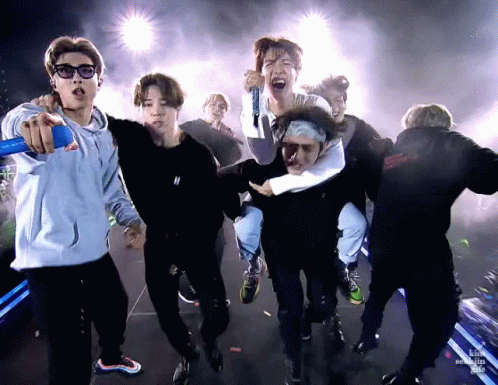
OTHER KEY PLAYERS
- The Office of Management and Budget (OMB)
Role - Technical coordination, sends out instructions to agencies on which employees should stop working and manages the logistics of partial government function
SO? The OMB does NOT decide policy - they implement shutdown procedures - Federal Agencies & Departments
Examples: National Parks Services, USDA, EPA, DOJ, etc.
Role - Carry out government functions
DURING A SHUTDOWN - Some workers continue "essential" duties (often without pay) and others are "furloughed" (temporary unpaid leave)
SO? These agencies/departments do NOT control whether the government shuts down, they are affected by the outcome - Interest Groups, Lobbying Orgs, Industry Stakeholders
Examples: healthcare groups, defense contractors, border policy groups, etc.
Role - Pressure Congress to resolve or maintain certain funding priorities
SO? These entities don't have a direct vote but have a strong influence in negotiations and boundaries - The Public & Media
Role - Shapes public perception about "who to blame" (sometimes to the distraction of actual core issues at hand - so be wary and stay vigilant!)
SO? Many times shutdowns are resolved NOT because the best compromise is struck but when one side calculates that the public will blame them more if it continues - sad, huh?

what happened since October?
Well first - let's be clear, "CONGRESS HAS LONG STRUGGLED TO PASS SPENDING BILLS ON TIME." In fact, "in nearly the five decades that the current system for budgeting and spending tax dollars has been in place, Congress has passed all its required appropriations measures on time only four times."
So the drama is not necessarily that there was a government shutdown.
It's over HOW LONG and FOR WHAT...

hold on - what is the timeline?
The federal government operates on an annual funding clock that goes from October 1 to September 30. Funding must be legally renewed by 11:59PM on September 30. If Congress does not pass the appropriation bills, they might come up with a temporary funding bill or Continuing Resolution (CR). If they don't pass EITHER by the deadline, the government must shut down at 12am October 1. This is automatic and no one has to "declare" a shutdown.

The longest one PRIOR to this recent one lasted 35 days from *December 22, 2018 to January 25, 2019 over funding for border security (specifically whether the government should allocate funding for a U.S./Mexico border barrier known as "the wall") resulting in about 800,000 federal workers missing paychecks. This was resolved when a temporary Continuing Resolution (CR) was passed to reopen the government without resolving the issue. 😒
*Starting in December because they passed a CR to extend the deadline on this to December 21 to avoid a government shutdown in October... and still didn't reach a decision by that date
Now, we're living through the longest recorded shutdown at 41 days and counting... but with an end in sight as of November 10 (yesterday) to approve a CR to reopen the government (sigh* but more on this at the end via rant).
the breakdown of the main drama
The ACA Subsidies [health care]
Quickly now~
When people buy health insurance through the Affordable Care Act, the federal government provides some financial assistance ("the subsidies" AKA "premium tax credits") to lower the monthly premium.
These subsidies are based on your income level and the price of insurance plans in your area. They're designed so that low- and middle- income people do not pay more than a certain percentage of their income for health insurance.

HOW IT WORKS IN BRIEF
- A person checks to see if they qualify for these "premium tax credits" for insurance here
- If qualified, the difference between the amount it COSTS and the amount the person CAN AFFORD (based on their income) is paid by the federal government directly to the insurer (the person applying never sees the money directly)
During the COVID pandemic, the government expanded these subsidies to cover more people. Basically, anyone could receive a subsidy if the benchmark insurance plan cost too much of their income (to see to it that no more than ~8.5% of their household income to be spent on health insurance premiums). Those expanded subsidies are scheduled to expire on December 31, 2025.

THE DRAMA?
💙 Wanted to renew/extend/revisit the expanded subsidies before they expire so that people would still have access to health care coverage - leveraged the approaching deadline to force subsidy protection
❤️ Would not negotiate subsidies at all until the government was re-opened, oppose expanding federal healthcare spending and prefer different structures for assistance
OBJECTIVELY
There are obvious pros to the government reopening. Hardworking employees that have had to work the entire time, many without pay - can be compensated for their labor. ALLLLL the moving parts of government that were stalled can start moving again.
The cons? The shutdown is a tool. The government (both sides) basically uses the deadline to ...essentially threaten? leverage? the other side to make changes they want. In-party divides are getting wider and wider on both sides. The safety of the most marginalized groups are the casualties of this tug of war.
THE END IS NEAR...??

Senate voted to advance the legislation to fund the government through January.
The 8 Democratic senators that voted "yes" are either retiring or not up for reelection until at least 2028. They basically didn't solve anything. They just kicked the problem further down the line.
"The deal would fund SNAP through next September, guarantee backpay for furloughed federal workers, and reverse shutdown layoffs. If it feels like something is missing from that list, that's because it is. Both parties couldn't reach an agreement to extend the ACA tax credits. Lawmakers punted that fight to December..." The Skimm, 11/10/25
smol rant & concluding thoughts...
This didn't accomplish anything...
During the longest federal government shutdown in history - the president threw a party at his Mar-a-Lago resort.
I'm naturally quite hopeful but deeply pragmatic...which essentially just means I'm always exhausted.
Here's a rather eloquent rant if you'd like to hear one BUT listen to the whole thing or skip it entirely. Don't dip out after the first few seconds.
Stay informed. Think critically. Ask for the source. Consider the loudest voices. Consider which voices are missing.
Don't burn yourself out. It's a marathon for sure.
So rest up as you need (mentally/physically/emotionally/etc.)...
But then get back to it because it's too costly to choose comfort over vigilance right now.
Sources
Kaiser Family Foundation (KFF) - a nonprofit, nonpartisan health policy organization based in San Francisco, CA, trusted and cited by journalists, academics, and gov agencies across the political spectrum - formerly linked to Kaiser Permanente - now completely independent
